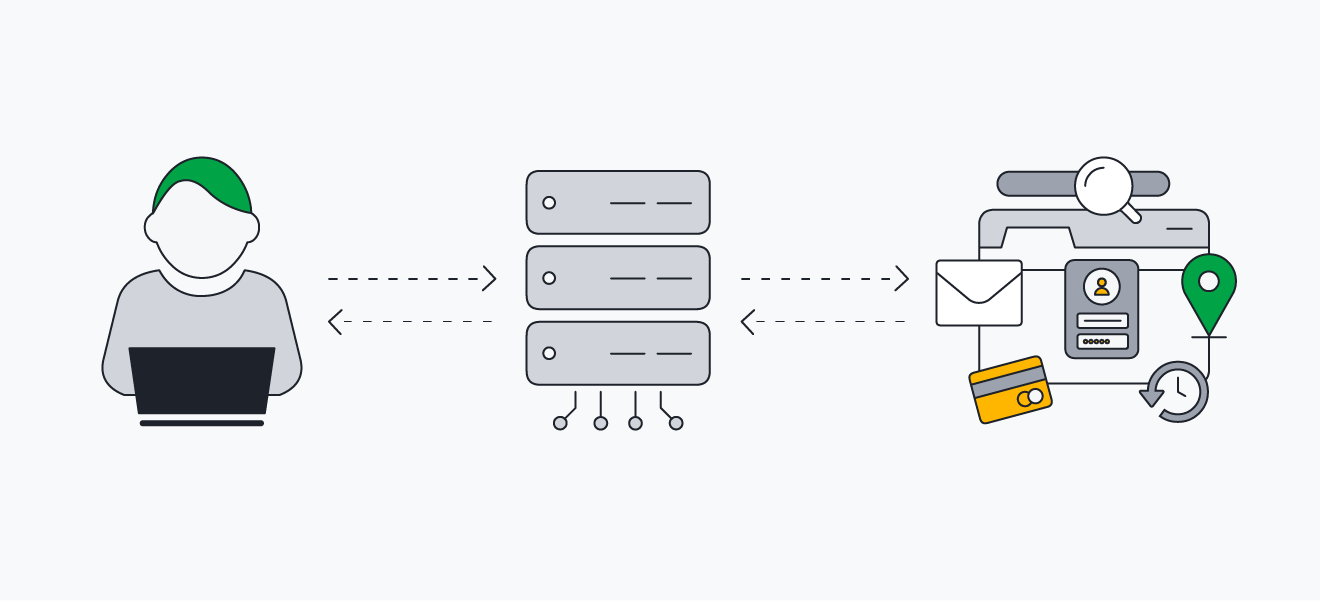Featured
Table of Contents
Vpn Vs Tor Vs Proxy Servers In 2023: Stay Anonymous ...
In practice, Tor Internet browser is complimentary, while VPNs are usually paid, which makes your option easy? Today, I desire to offer you a full comparison of Tor vs VPN and describe what they represent, their differences, utilize cases, and much more.
To begin this Tor vs VPN comparison, I initially need to discuss what these tools represent. Besides, giving you a clear meaning of what they are and how they work will help you understand their differences, so pay very close attention. Beginning with Tor, this term is an abbreviation for "The Onion Router".
Nord, VPN It's crucial to remember that this is a tool for anonymity and not personal privacy I'll discuss why soon. When it concerns Tor nodes, they're held and kept by volunteers, so we're discussing a decentralized service, rather than a centralized service which holds true with a VPN.
The silver lining is privacy since nodes aren't operated by any specific companies, so you aren't risking saving and logging your surfing activity by that company. On the other hand, the security of each node depends on the person that's maintaining it. A node can be compromised by a hacker, let's say, who will be able to trace your connection.
Vpn Vs Tor Vs Proxy Servers In 2023: Stay Anonymous ...
The entry node is more important because, when connecting to Tor, your ISP can see that you did that through the entry node. That's why numerous individuals use a VPN with Tor to encrypt their connection and avoid the ISP from seeing their Tor usage. We'll talk about that in the future in this Tor vs VPN post.

Its "The Onion Router" name comes from the truth that it peels the layers of file encryption likewise to the onion layers. And dark web websites also have the domain ". onion", which isn't a coincidence. Below, I explained how Tor works and the procedure of securing and decrypting your demands.
When you link to the Tor network and you send a request, you get triple encryption for each node. There's the entry node (frequently called the guard node), the middle node (or middle server), and the exit node. Tor sends your request to the entry node, which gets rid of the very first layer of file encryption.
The entry node can't check out the encrypted content of the request, so it still can't trace your activities inside the Tor network. The traffic is then sent to the middle node, which gets rid of another layer of file encryption and sends the encrypted traffic to the exit node. Finally, the exit node peels the final layer of encryption, which is why it can see the encrypted request however it can't identify who is sending it due to the fact that it can't see your IP address.
Vpn Vs Tor Vs Proxy Servers In 2023: Stay Anonymous ...

If you're looking to stay confidential online and you're believing about using Tor, I believe it's good to know more about its benefits and downsides, so inspect them out listed below. The triple layer of file encryption ensures 100% anonymity when using Tor Browser It's free and does not require any memberships It's a decentralized, open-source network with no tracking and surveillance Tor Web browser is capable of going on the dark web The entry node can read your IP address and make it noticeable to your ISP when utilizing Tor Slows down your internet speed considerably due to sophisticated file encryption Nodes are run by volunteers who might not do a terrific task at making sure they're secure You can't choose an IP address from a particular nation, so you can't bypass geo-blocks Tor Web browser doesn't work on all platforms Wondering what are the differences in between Tor and VPN?
VPN services use countless servers in different countries, so they allow you to link to any of them easily and get an IP from the country you need. Each request you send is routed through a VPN tunnel where it is sent to a VPN server which decrypts it and links you to the website you want.
, for example, while Tor secures only the part of the connection sent through the Tor Web browser.

With a single layer of encryption, the VPN actually goes through fewer steps to protect your connection which has a big advantage much quicker speeds and better efficiency. They're very simple to use VPNs can be installed on every platform (Windows, i, OS, Linux, Android, mac, OS, routers,) You can select an IP address from a particular nation, letting you bypass geo-restrictions There's a higher degree of responsibility due to the fact that you know who owns the VPN servers VPNs are really fast and superior providers use 10 Gbps servers Advanced security functions like a kill switch, advertisement blocker, and Multi, Hop Total privacy, thanks to sophisticated file encryption and the ability to conceal your initial IP It's a paid service which can be an issue for budget-constricted users Some VPN services are known for keeping logs (Hola VPN, Ninja, VPN, Betternet,) You should pick a reliable VPN that has a no-logs policy given that you're handing over your privacy/anonymity to that business Now that you what Tor and VPN are, I feel the requirement to quickly summarize their differences just to make sure you understand everything well.
Latest Posts
The Best Vpns For Small And Home-based Businesses
The Best Vpns To Protect Yourself Online
The Best Vpn App For Mobile Devices In 2023